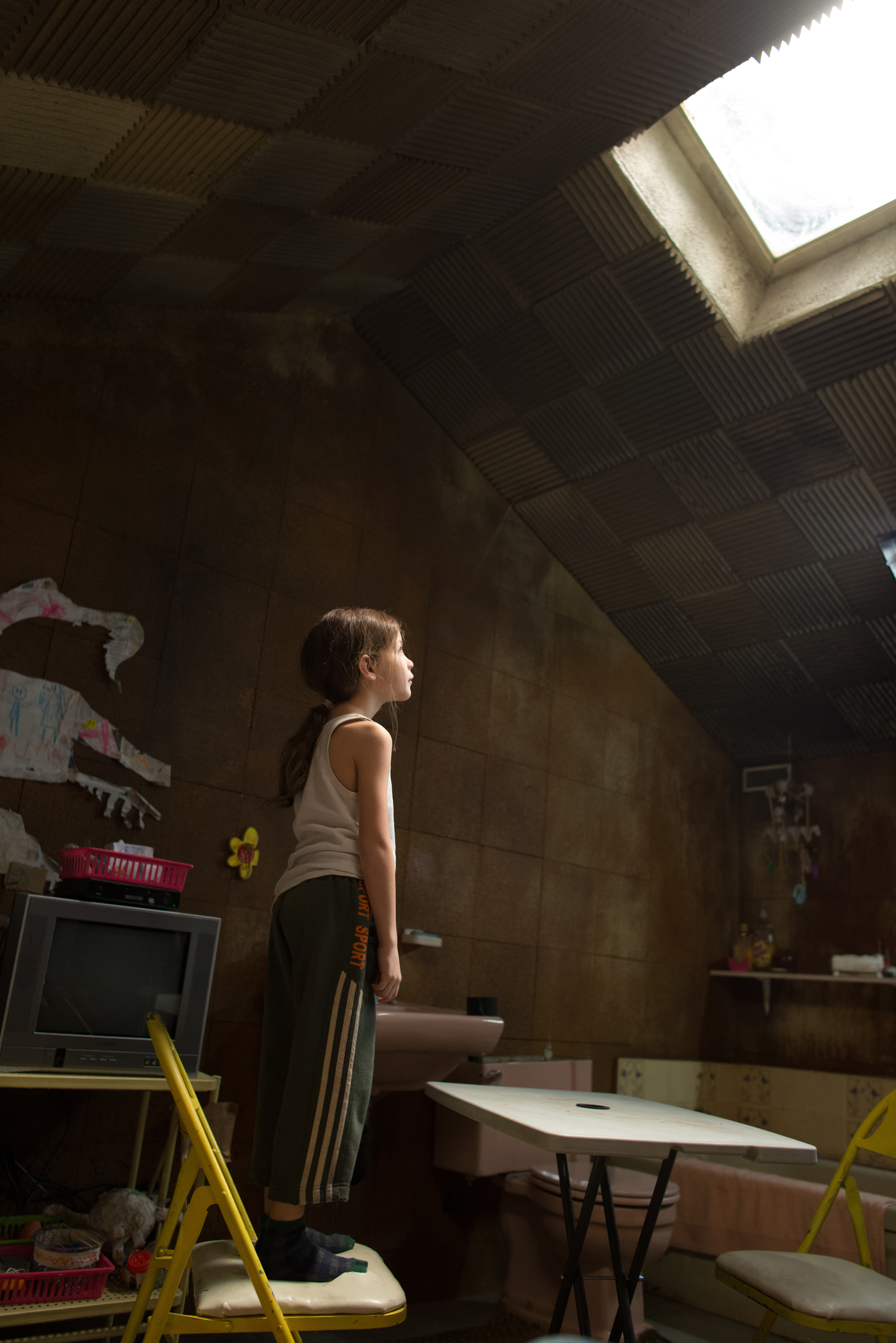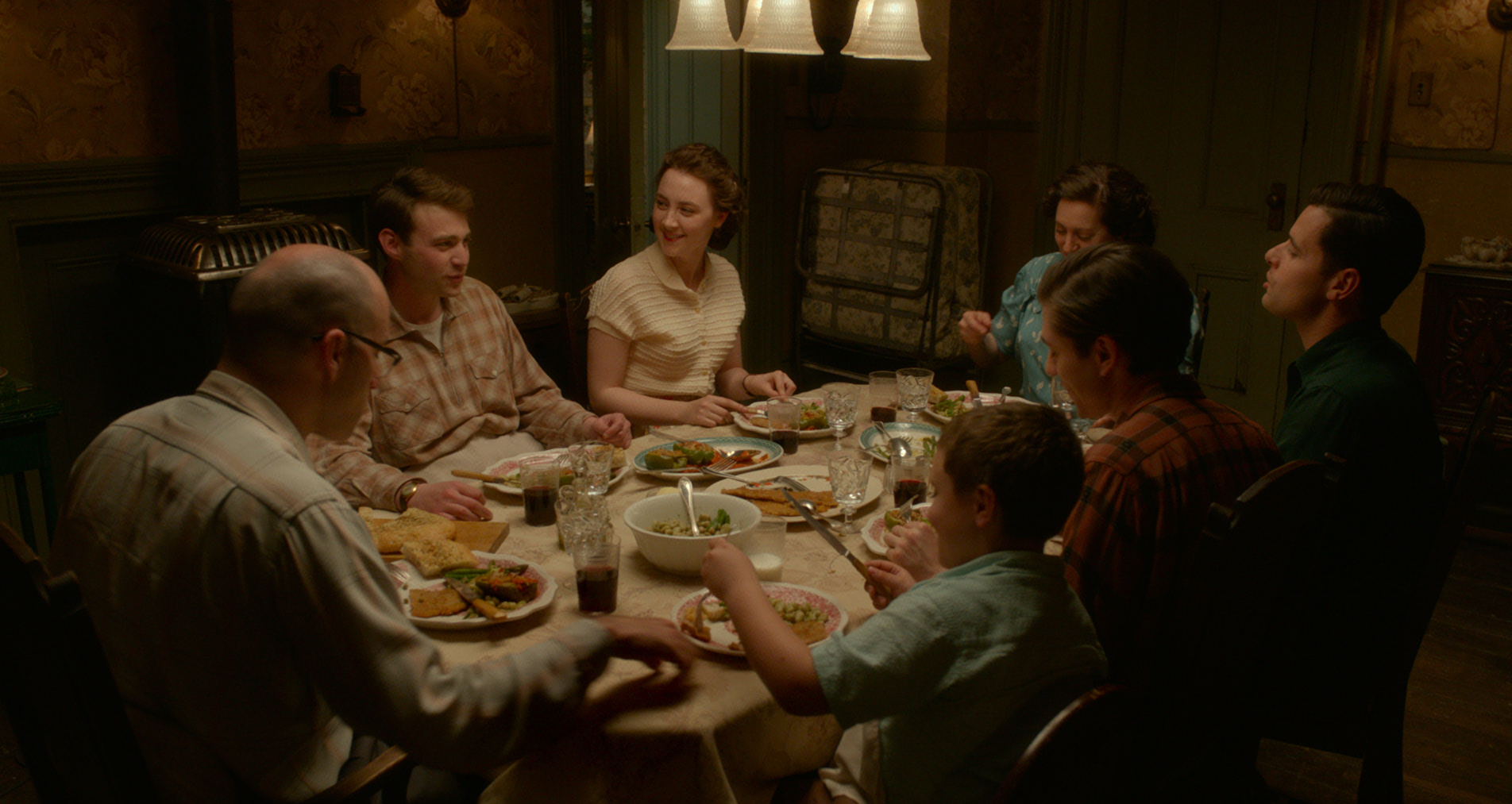It’s that time again! This Sunday, the Academy of Motion Picture Arts and Sciences will hand out awards to whatever films win the most votes from its members! But in what is essentially a popularity contest, influenced by multi-million dollar ad campaigns and industry-insider connections, how is one to make sense of it all? Well, if you’re part of a betting pool or you’re just curious about what’s going to happen, read on for my expectations and personal picks! Continue reading Oscar 2016 Predictions
Monthly Archives: February 2016
Firewatch Review
Firewatch is notable for its ambition over anything else. It’s technically in the same genre as other recent “walking simulators” like Gone Home and The Vanishing of Ethan Carter, but here the player engages more directly with the narrative, or narratives, as it turns out. The game begins by setting up your character’s tragic backstory in a way that I’ve never seen done in a 3D title, incorporates a growing relationship between two characters into almost all of the game’s interactions, hints at a conspiracy thriller plotline, and tells another personal tale of tragedy along the way. That all of these narratives fail to come together in a significant way is perhaps understandable, then, but I was still hoping that the separate threads would feel more complete than they ultimately do.
I’ll try to stay away from overt spoilers in this review, but let’s begin with lead-character Henry’s personal backstory. The slightly-interactive opening is beautiful in its minimalism, and borrows heavily from narratives like Pixar’s Up. The goal is clearly to give the player-character baggage that informs his actions in the otherwise-disconnected main narrative. However, unlike Up, Firewatch fails to really provide an arc for its characters. He takes his job as a fire lookout at a national park as a reprieve from his crumbling marriage, and by the end of the title, that’s all it ever is. He doesn’t come to terms with anything, he doesn’t make any major decisions, he just gets wrapped up in a separate plotline with his boss, Delilah.
Room Review
Room’s premise is interesting enough that, even if it were a complete failure, it would be worth seeing. The film is presented entirely from the viewpoint of Jack, a five-year-old boy who has lived his entire life inside a garden shed. His concept of reality is what he can physically touch inside of Room. Anything outside exists in “outer space,” and all of the people and places he sees on television are simply unreal. The psychological state is both fascinating and completely believable, but also prevents him from understanding how dire his situation is: he’s being held captive along with his mother by a psychopathic rapist who also happens to be his own biological father.
By presenting the story from Jack’s point of view, the film plays with the discrepancy between what we understand to be happening and the actual narration. Jack talks excitedly about the TV world, and the other planets with dinosaurs and dogs and all of the other things that he knows don’t actually exist, yet as an audience we feel constrained and discomforted by the tiny room that represents all of Jack’s known existence. As for his mother, we know what’s happening every night when “Old Nick” pays her a visit, and we understand what she’s talking about when she explains her kidnapping story to her son. But Jack doesn’t, so when he explodes at his mother and calls her a “liar,” we empathize more with her than our narrator.
Making A Murderer Review
Netflix’s documentary mini-series Making A Murderer has sparked a large debate, online and in the real world, over whether or not Steven Avery is guilty of the murder of Teresa Halbach. There’s a strong argument for either case: Avery has a rough history and a wealth of physical evidence against him, but there’s also very strong reason to believe that said evidence was tampered with by a police department with a strong motive to frame him. The documentary also chooses to ignore some character-debilitating evidence that has since come to light, but such evidence is not as damning as many would like to believe. No matter how much people argue around the water cooler, it’s likely that we’ll never know for sure whether Avery is guilty of Teresa Halbach’s murder.
But what many seem to miss is that, in a way, Avery’s guilt is beside the point. Making A Murderer is far more significant for its damning indictment of the United States justice system. Not only are the basic tenants of law frequently upended or ignored, but the inherent bias AGAINST the defendant, who is supposed to be “innocent until proven guilty,” is shocking and abhorrent.
Brooklyn Review
Depending on which point in its runtime you examine, Brooklyn can appear to be about various different things. It begins as an immigrant’s tale, but that gives way to romance, and that too ultimately slides into the background to highlight the feeling of returning home. However, despite the shifts in focus, Brooklyn never feels schizophrenic or overlong, as all three acts are deftly grounded by an overarching theme of belonging.
It also helps that all three acts are so masterfully executed. There are templates for how these stories are supposed to work, and while Brooklyn never strays too far from them, it tweaks each one to feel specific to its narrative. When main protagonist Eilis leaves Ireland to come work in Brooklyn, the film makes it clear that she doesn’t really feel at home in EITHER location. In Ireland, she is a shy wallflower with no real profession, unlikely to marry into a happy life or provide one for herself. But in America, she faces the same feeling of alienation that many other immigrant stories chronicle. She gets homesick, but as an audience we are aware that she has little back home to return to.




